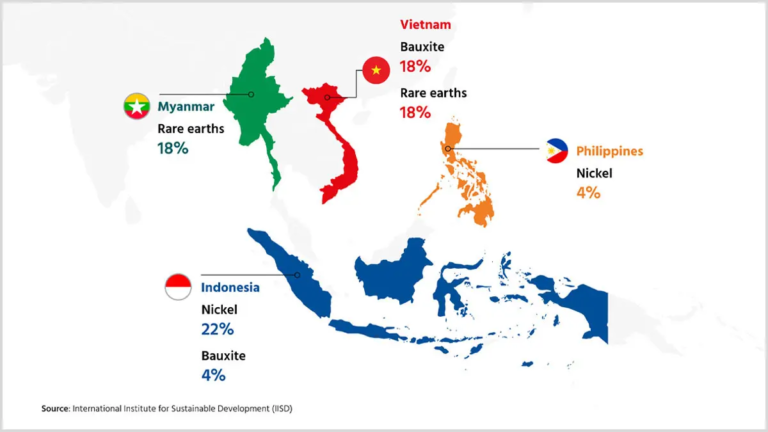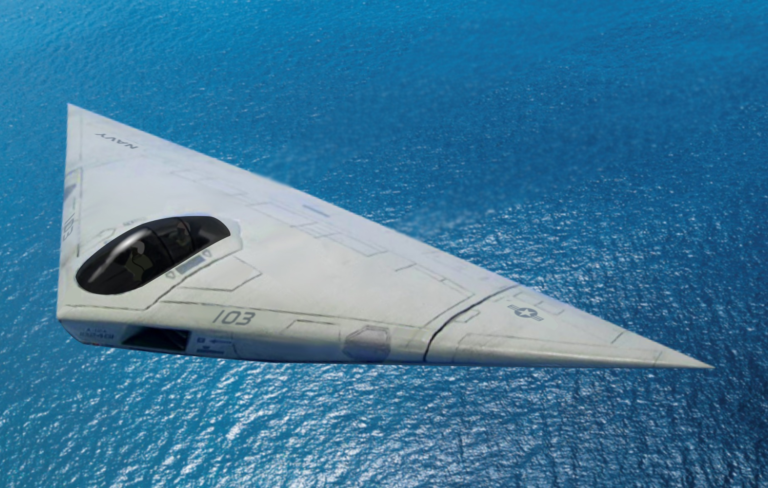
Philippine President Ferdinand Marcos Jnr might recalibrate his China policy after failing to stem the influence of rival Vice-President Sara Duterte in a midterm election tussle between two of Manila’s most powerful political dynasties, according to analysts.
The observers noted that Duterte, now likely to survive an impeachment trial in July, was poised to become a formidable candidate in the country’s 2028 presidential election, and her “pragmatic” stance on China could usher in better China-Philippines ties if she succeeded in the race.
Accused of misusing millions in public funds and plotting to assassinate Marcos, Duterte needs nine out of 24 senators to vote in her favour to block a conviction.
With 12 Senate seats up for grabs in the midterms on Monday, preliminary results on Wednesday evening showed that candidates aligned with Marcos were on track to secure six seats, falling below expectations.
Duterte’s allies were poised to claim five – an outcome that could shield her from a conviction and preserve her eligibility to run in the 2028 presidential race.
Qi Huaigao, a professor and vice-dean at Fudan University’s Institute of International Studies, said Marcos had failed to eliminate the Duterte political dynasty’s grip on power, and the vice-president was likely to receive enough backing to avoid impeachment.
“Marcos risks becoming a lame-duck president much earlier in the rest of his term,” Qi said. “The formulation and implementation of his hardline stance towards China are unlikely to be smooth sailing, if Sara Duterte remains firmly positioned as vice-president.”
He noted that Duterte would emerge as a popular contender in 2028, provided she could avoid conviction.
Ding Duo, director of the Centre for International and Regional Studies at the National Institute for South China Sea Studies, said Marcos was facing the growing challenge of navigating complex internal and external factors while balancing competing political forces in his policymaking.
“He could make slight adjustments to both domestic and foreign policies. However, a fundamental change is unlikely,” Ding said.
He highlighted that there were uncertainties surrounding the 2028 presidential race, as Manila’s political landscape frequently underwent “realignments and reshuffling among its influential political dynasties”.
Relations between China and the Philippines have waxed and waned over various Philippine administrations. Under former Philippine president Rodrigo Duterte, Sara’s father, ties shifted towards pragmatic engagement and economic cooperation.
Rodrigo Duterte, who was in office from 2016 to 2022, downplayed maritime disputes in the South China Sea in favour of fostering closer economic and diplomatic relations.
Since March, he has been detained by the International Criminal Court in the Netherlands over his bloody war on drugs.





